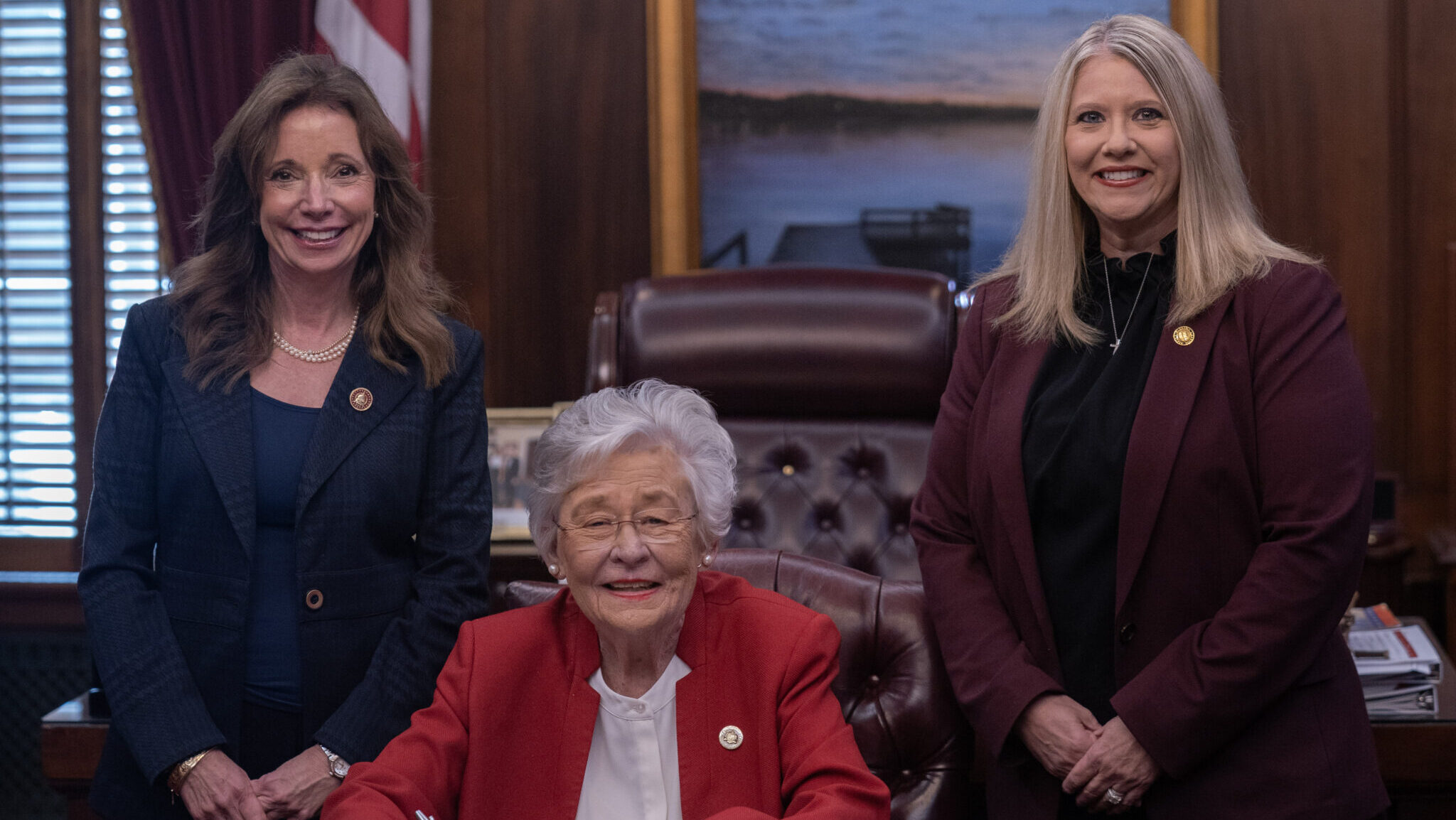|
Getting your Trinity Audio player ready...
|
On Thursday, Gov. Kay Ivey signed into law SB79, the “What is a Woman Act,” which will codify definitions for terms like “man” and “woman” into state law.
The act is now the first bill signed into law during the 2025 Legislative Session after Republicans rushed it through the state Legislature last week. The bill’s sponsors, Sen. April Weaver, R-Brierfield, and Rep. Susan DuBose, R-District 45, have characterized it as one of “simple definitions” meant to aid in record-keeping and legal decision-making.
However, the new law has also been the subject of heavy criticism on numerous grounds. Everyday Alabamians and LGBTQ+ advocacy groups, like the Alabama Transgender Rights Action Coalition, have argued that the law is actually a targeted attack on the rights and liberties of transgender and nonbinary Alabamians.
Experts have also pointed out that the law itself operates under an inaccurate understanding of sex and gender, specifically noting that the law’s description of sex as being unchangeable is inaccurate, and that the law largely discredits the existence of intersex people.
The Republican-led legislature has also been criticized for the unusual methods used to hastily move the bill to the governor’s desk. On Wednesday, the House passed the bill after limiting debate on the issue to under 10 minutes.
The bill also passed without the inclusion of an amendment introduced by Rep. Neil Rafferty, D-Birmingham, which would have prohibited surveillance in spaces like restrooms and changing rooms.
“If this bill was really just about ‘common-sense definitions,’ this common-sense amendment would’ve passed easily,” ALTRAC volunteer Hunter Fuller told the Alabama Reflector last week.
The Reflector’s Brian Lyman also argued that the law opens the door to sex-based segregation in the state, quoting a section of the law that reads, “Neither the state nor any political subdivision of the state shall be prohibited from establishing separate single-sex spaces or environments for males and females when biology, privacy, safety, or fairness are implicated.”
Despite the legislation’s supporters celebrating the act as a win for women’s safety, Lyman suggested that it will actually harm Alabama women in the long-run by giving “public officials and entities an unchecked ability to decide the nature of ‘fairness’ and ‘security’ for men and women.”





















































